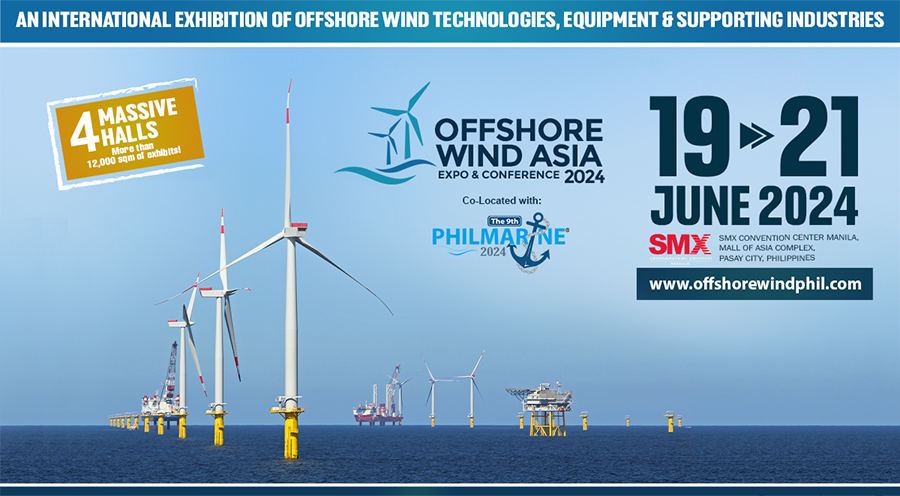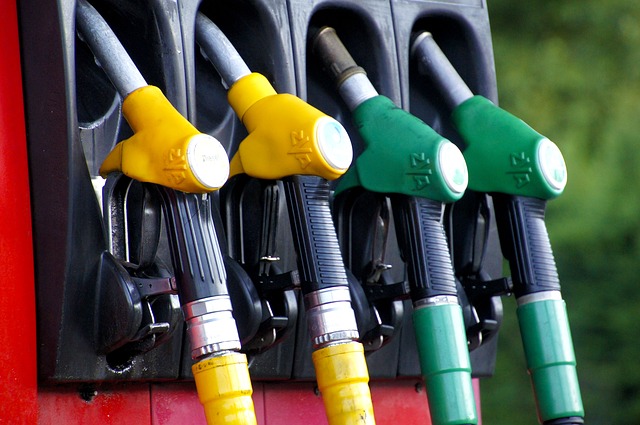Several oil firms have plans to file a temporary restraining order (TRO) against the Department of Energy’s (DOE) policy that demands oil companies to reveal the itemization of their fuel prices.
“The Philippine Institute of Petroleum Inc. [PIP] filed a Petition for Declaratory Relief with Application for a TRO and/or Preliminary Injunction to question DOE’s Department Circular DC 2019-05-0008,” said the group’s statement as quoted in a BusinessMirror report.
Petron Corp., Pilipinas Shell Petroleum Corp., Chevron Philippines Inc., PTT Philippines, Total Philippines Corp. and Isla LPG Corp. are all members of PIP.
The group said that the DOE circular violates the nature of a deregulated oil market.
“The relief sought is necessary to protect the industry and the public, and to foster market-driven competition. As the DOE Circular becomes effective on June 29, 2019, petitioners are, likewise, seeking injunctive relief to stop its implementation until the case is heard and decided on the merits,” the statement said.
The DOE clarified that it had sought the opinion of Philippine Competition Commission (PCC) regarding the DOE circular.
“We consulted the Philippine Competition Commission, the agency with primary jurisdiction under the Philippine Competition Act, and not only did they agree that it does not violate the PCA; it, in fact, enhances competition,” DOE Assistant Secretary Leonido Pulido told BusinessMirror reporters.
Advocacy group Laban Konsyumer Inc. (LKI) commented on the issue, adding that PIP’s filing of the TRO against DOE was “disheartening.”
“LKI reiterates that the DOE circular is a good start and good news for consumers,” LKI President Victor Dimagiba said.
LKI believes that the unbundling of fuel prices will help provide end-users’ with the right to information and access to fair and reasonable pricing of oil products.
Under DC 2019-05-8, every price adjustment that oil companies will implement on their petroleum products, it must come with the submission of the detailed computation, as well as explanation and supporting documents regarding the reasons for the increase or decrease of the prices.
The Circular is also known as Revised Guidelines for the Monitoring of Prices in the Sale of Petroleum Products by the Downstream Oil Industry in the Philippines.
With this, oil companies are required to include the following details in the unbundled fuel prices: International content, which includes import cost, freight cost, and foreign exchange rate; taxes and duties, such as excise tax, value-added tax, duties and other imports; biofuel cost; port charges, refining cost, storage cost, handling cost, marketing costs, transshipment cost, other costs, oil company profit margin and total oil company price are required to be turned over to the agency.
“Within two months after the effectivity of this circular or whenever required by the DOE or by the DOE-Department of Justice [DOJ] Task Force, oil companies shall be required to submit a report to the Oil Industry Management Bureau [OIMB], on a per liter and per product basis for liquid fuel and automotive LPG, and on a per kilogram basis for household LPG, containing the detailed computation with corresponding explanation and supporting documents on the unbundled items comprising the oil company price as of December 1, 2018,” it said.


